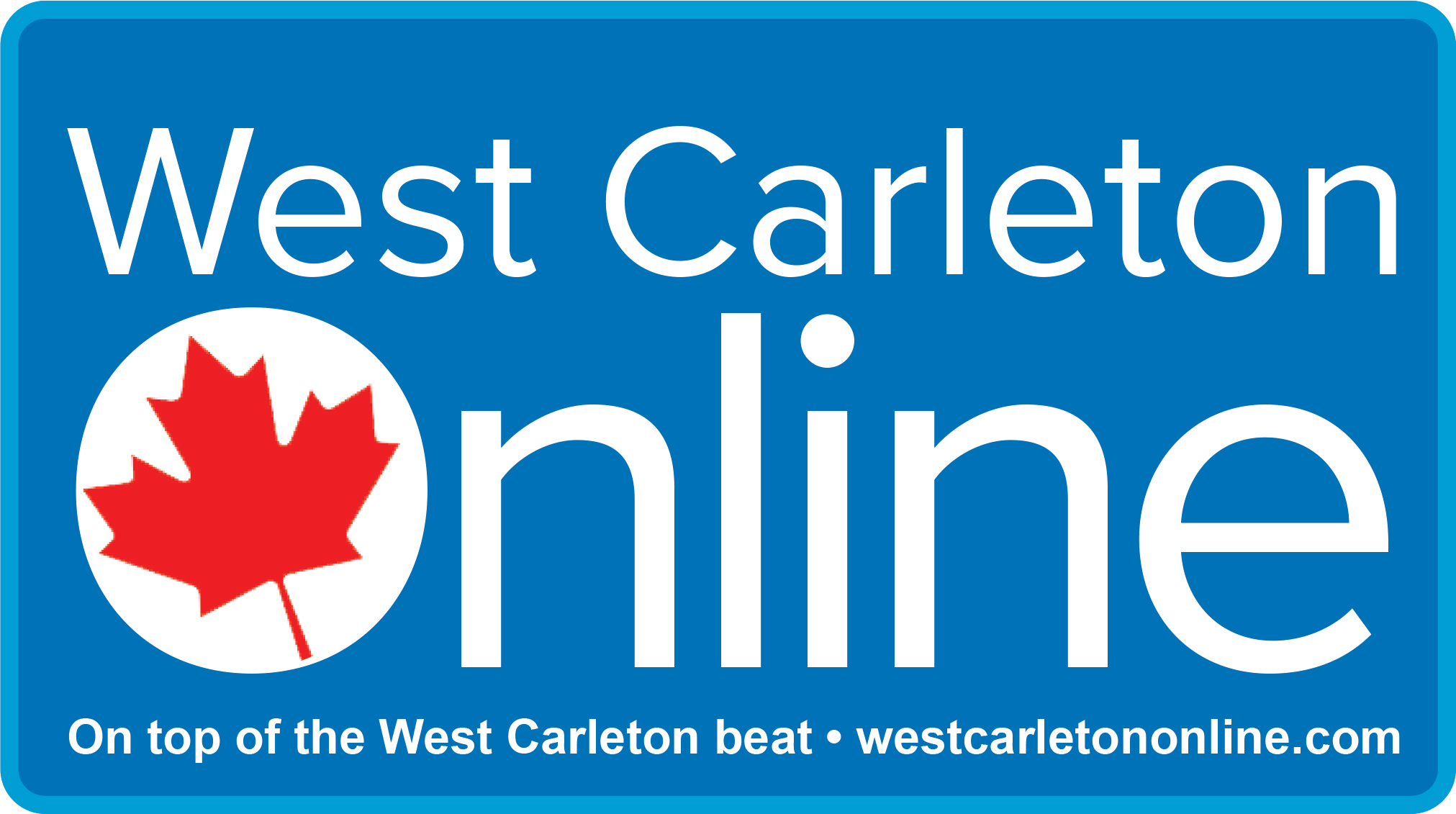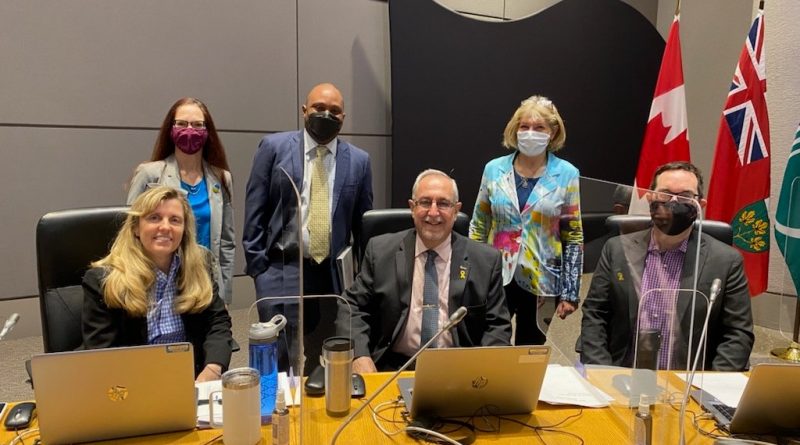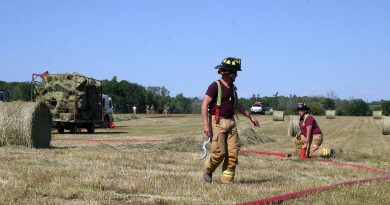Council briefs: Council approves tax on vacant residences
Special to WC Online
CITY HALL – It was a busy day at the council table today (March 23), the first employing a hybrid in-person/virtual meeting format, as city councillors approved several city initiatives included the much discussed residential vacant unit tax.
City council approved a residential vacant unit tax to be charged on non-principal residences left vacant for more than 184 days in a year during today’s (March 23) regular council meeting.
“Requiring owners to pay one per cent of the assessed value of such units is meant to encourage them to occupy, sell or rent their properties to help increase housing supply in Ottawa,” city staff released in a statement following today’s meeting.
About 330,000 residential property owners across Ottawa will need to make an annual declaration of vacancy between January 1 and mid-March or be charged a $250 late declaration fee. The fee will only be imposed in the second declaration year, 2024, to provide residents ample time to adjust to the new system. The tax would be added to the final property tax bill each year, and net revenues from the tax would fund affordable housing. It is anticipated to generate about $6.6 million per year.
“The city needs to seek provincial approval to designate Ottawa to levy the tax,” staff said.
The tax would be implemented in 2022, with the first annual declaration and billing starting in 2023.
Electric scooters return
Council approved continuing the Electric Kick Scooter Pilot in 2022, with some changes to improve the program and address complaints.
“Demand for e-scooters increased last year, both in total trips taken and average daily trips,” staff said. “Changes for 2022 will address the most common complaints of sidewalk riding and improper parking, and will improve reporting, monitoring and enforcement. Staff will report back at the end of the 2022 pilot with recommendations for the future of the program.”
Patio innovation program back in business
Council approved continuing the Patio Innovation Program in 2022. Measures include temporarily closing sections of roads for patio expansions, removing capacity restrictions for café seating, permitting pop-up retail vending in the right of way, and setting a closing time of 2 a.m. for all patios and café seating. Staff will review the 2022 season and report back on the potential for permanent amendments to the relevant by-laws.
Brian Coburn Boulevard extension approved
Council also approved the functional design of the Brian Coburn Boulevard extension and the planned Cumberland Transitway between Navan and Blair roads. The extended roadway and bus rapid transitway would improve transit travel times and reliability, and address travel demand between Orléans South and the south urban area as well as Highway 417. New multi-use pathways would connect pedestrians and cyclists to Blackburn Hamlet, the Chapel Hill Park and Ride, the Bradley Estates community, the Prescott Russell Trail and NCC pathways.
Convoy news
Council approved a 2022 Convoy Occupation Property Tax Deferral Program for retail and commercial property owners in the impacted areas. The program allows eligible properties to defer their interim tax bill due on March 17, and final bill taxes due on June 16, 2022, to September 15, 2022. This deferral will be retroactive to March 17. The program’s application form will be available on ottawa.ca on March 24.
Council appointed Coun. Cathy Curry to the Ottawa Police Services Board.
For more information on City programs and services, visit ottawa.ca, call 3-1-1 (TTY: 613-580-2401) or 613-580-2400 to contact the city using Canada Video Relay Service.












